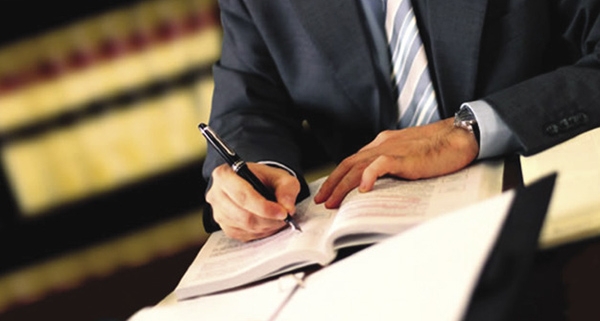Deceased Estates – by Aaron
Guidance for managing the tax affairs of deceased estates:
When a person dies, their estate is considered as an asset and can pass directly to beneficiaries, directly to a legal representative such as an executor who will need to finalise the deceased tax obligations. The ATO will need to know if the deceased person had a Tax File Number (TFN), if they lodged a tax return and if they should have lodged a tax return.
Tax responsibilities for executors
Any tax liability that may be generated from your role as executor is separate from your own personal tax liability. As a result, as executor you may need to apply for a separate Tax File Number (TFN) to that of the deceased.
As an executor, your tax responsibilities include:
- Cancel GST and ABN registrations in regard to businesses;
- Obtain tax file numbers for the estate or for the estate with a business, if it is to continue to be operated by the estate;
- Notify the ATO of death, if there has not been a previous notification of ceasing of lodgement of tax return;
- Lodge outstanding tax returns;
- Lodge a date of death return;
- Lodge an estate tax return for the years of the estate operating if same is required;
- Pay tax liabilities, as and when they fall due;
- Notify the ATO of any events coming to an Executor’s knowledge that would trigger a review of the deceased’s tax affairs by the ATO.
Failure to any of the above is to leave an Executor exposed to actions by the ATO going forward.
Estate Tax Returns
An Executor needs to decide whether they are required to lodge a return for the deceased estate. Where the Executor has applied for and obtained a tax file number for the deceased estate the return should be lodged.
The return to be lodged by the Executor is a Trust Income Tax Return for the estate. Where the estate is administered completely in the same income year as the death of the deceased it may be that an income tax return is not required. This can apply where no person has received any of the estate’s income and the taxable income of the estate is below the tax-free threshold. That exemption only applies in those limited circumstances with all the events occurring within the income tax year.
On the administration of the estate, completed in a year outside the year of death an income tax return would be required for each year the estate is administered and where the following may occur:
- The estate has a net income greater than the individual tax-free threshold;
- The estate received income from franked dividends and from capital gain;
- Income was received from sources where tax was withheld;
- The estate carried on a business;
- A beneficiary (such as a minor) was presently entitled to a share of the income of the estate.
Normally the Commissioner assesses the income for an estate in those circumstances under Section 99 of the ‘Income Tax Assessment Act’ 1936. This will continue to be the position for an estate for a period of three years from the deceased’s date of death. Should an estate remain unfinalised and earning income for a period greater than three years after the date of death, then the estate will lose the tax-free threshold and will pay tax on all income.
First three income years
For the first three income years, the deceased estate income is taxed at the individual income tax rates, with the benefit of the full tax-free threshold, but without the tax offsets (concessional rebates), such as the low-income tax offset. No Medicare levy is payable.
Fourth income year and later
For deceased estates that continue to be administered beyond the third year, the following tax rates apply
| Deceased estate taxable income (no present entitlement) | Tax rates |
| $0 – $416 | Nil |
| $417 – $670 | 50% of the excess over $416 |
| $671 – $37,000 | $127.30 plus 19% of the excess over $670 If the deceased estate taxable income exceeds $670, the entire amount from $0 will be taxed at the rate of 19% |
| $37,001 – $90,000 | $7,030 plus 32.5% of the excess over $37,000 |
| $90,001 – $180,000 | $24,255 plus 37% of the excess over $90,000 |
| $180,001 and over | $57,555 plus 45% of the excess over $180,000 |
Capital gains tax (CGT) implications
When the assets of a deceased estate are distributed, a special rule applies that allows any capital gain or loss made on a CGT asset to be disregarded if the asset passes:
- to the executor
- to a beneficiary, or
- from the executor to a beneficiary.
However, if an executor sells an asset of the deceased estate and then distributes the proceeds to the beneficiaries, the sale is subject to the normal rules and CGT applies.
Basically this means, in most cases, the transfer of CGT assets into a deceased estate and then out to their beneficiaries will not incur an income tax liability.
There are many tax implications of deceased estates. Our professional tax agents are well-versed in working with deceased estates. We can help you with the information you’ll need or can handle the process for you if it’s too much. We will also work with the legal representatives of the deceased estate to help ease the process through such trying times. Please do contact us at 0481 309 696 or admin@simprotax.com.au for any enquiries or to book an appointment with us for consultation.



